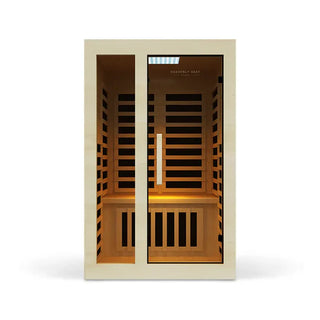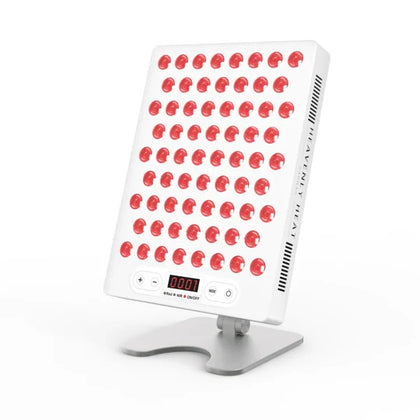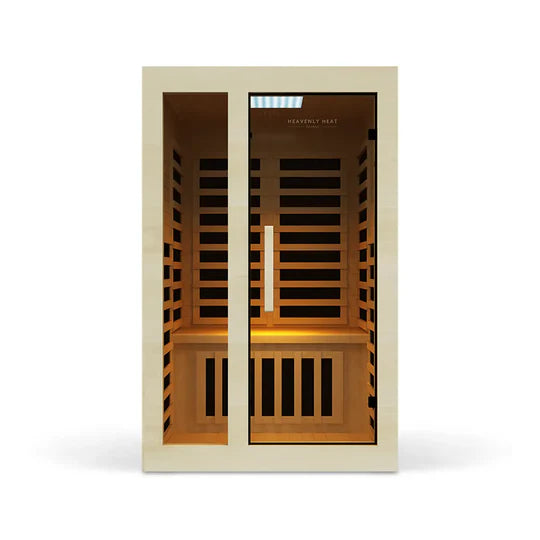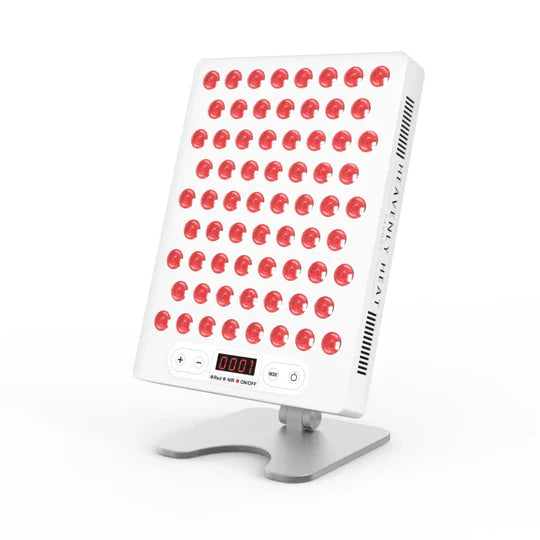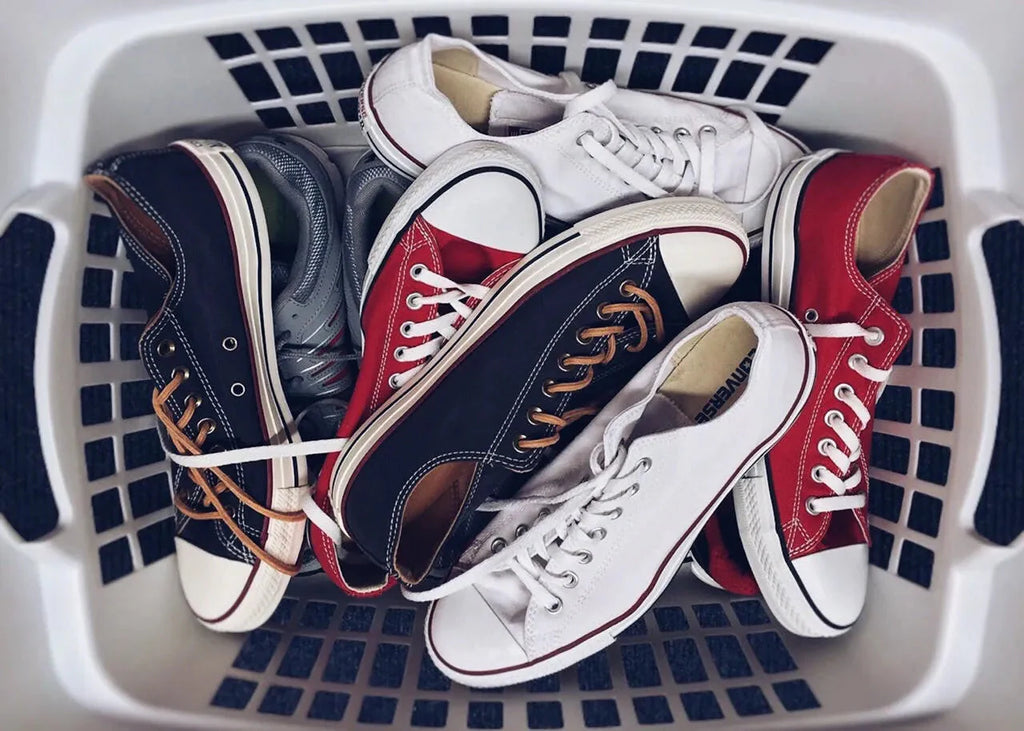Should You Go in The Sauna Before or After Swimming?

Confused about sauna timing with your swim routine? Struggle to decide whether to relax before or after your swim? Discover the best timing to enhance your performance and recovery.
What is a sauna?
- Understanding What a Sauna Is: A sauna is a small room, typically made from wood, designed for heat therapy, relaxation, and health benefits.
- Health Benefits and Body Effects: The heat soothes your body and supports heart health by lowering blood pressure, improving blood vessel function, and boosting circulation, much like light exercise.
- Different Types of Saunas and Their Heat Methods: Traditional saunas use hot stones to generate heat and steam at 70-85 °C. Infrared saunas provide gentler, drier heat with rays at 46-57 °C. Steam saunas increase humidity through steam.
- Sauna Locations and Environments: Saunas can be found indoors or outdoors, each offering a unique environment for relaxation and wellness.
Should You Go in The Sauna Before or After Swimming?
- Using the Sauna After Swimming Helps You Relax and Recover: Sitting in the sauna after you swim helps your muscles relax and recover faster because your body is already warm.
- Drinking Water is Important When You Use Sauna and Swim: Make sure to drink plenty of water to replace fluids lost through sweating in the sauna.
- Moving Quickly Between Cold Water and Sauna Can Affect Your Blood Pressure: Switching fast between cold water and the hot sauna can change your blood pressure, so people with blood pressure problems should be careful.
- People with Heart Issues Should Be Careful with Cold Water and Sauna: If you have heart problems, limit how long you stay in cold water and talk to your doctor before trying sauna after swimming.
- Finishing with Cold Water Helps You Feel Refreshed and Balances Body Temperature: Ending your session by cooling down with cold water helps wake you up and keeps your body temperature steady after sauna and swimming.
Health benefits of sauna
According to the research by Minna L. Hannuksela MD and Samer Ellahham MD, sauna bathing offers several benefits that contribute to overall health and well-being:
- Improves cardiovascular health.
- Enhances respiratory function.
- Alleviates pain and improves joint mobility in rheumatic diseases.
- Benefits certain skin conditions like psoriasis.
- Activates hormonal and physiological changes.
- Promotes general well-being.
- Considered safe during pregnancy and for children under supervision.
Health benefits of swimming
According to a study released by Swim England, swimming offers significant health and wellbeing benefits:
- Reduces the risk of early death by 28%.
- Helps children develop physical, cognitive, and social skills more quickly.
- Supports mental and physical fitness in older adults.
- It is safe, cost-effective, and recommended by healthcare professionals.
Experience the benefits of a sauna at home before or after swimming with our new no toxic home sauna! Discover relaxation and rejuvenation like never before.

FAQs
Can alternating between sauna and swimming be harmful to your body?
Alternating between sauna and swimming can be fun but carries risks. Spending too long in the sauna can lead to dehydration, increasing the risk of muscle cramps. If you have heart problems or low blood pressure, it's best to consult a doctor. Rapidly switching between hot and cold can stress your body, so listen to your body and rest if you feel lightheaded or overheated.
Does going in the sauna before swimming improve athletic performance?
Going in the sauna before swimming boosts blood circulation, delivering more oxygen and nutrients to muscles, enhancing endurance, and reducing injury risk. It warms up muscles, improves mental clarity, and shortens warm-up time, helping you prepare faster for your swim.
Is it safe for children or elderly people to use a sauna after swimming?
Using a sauna after swimming can help with relaxation and recovery, but safety is key, especially for children and the elderly. For children, the heat may cause overheating or dehydration, so keep sessions short and supervise closely. For the elderly, saunas can aid recovery but may strain the heart and raise blood pressure, especially with heart conditions. Dehydration is a risk for both groups, so stay hydrated. Always consult a doctor if there are health concerns.
What should you do between swimming and using the sauna?
After swimming, wait 10-15 minutes to cool down before using the sauna. Rinse off to remove chlorine or saltwater, and dry off slightly to avoid the sauna's heat feeling too intense. A short rest can help your body transition smoothly.


